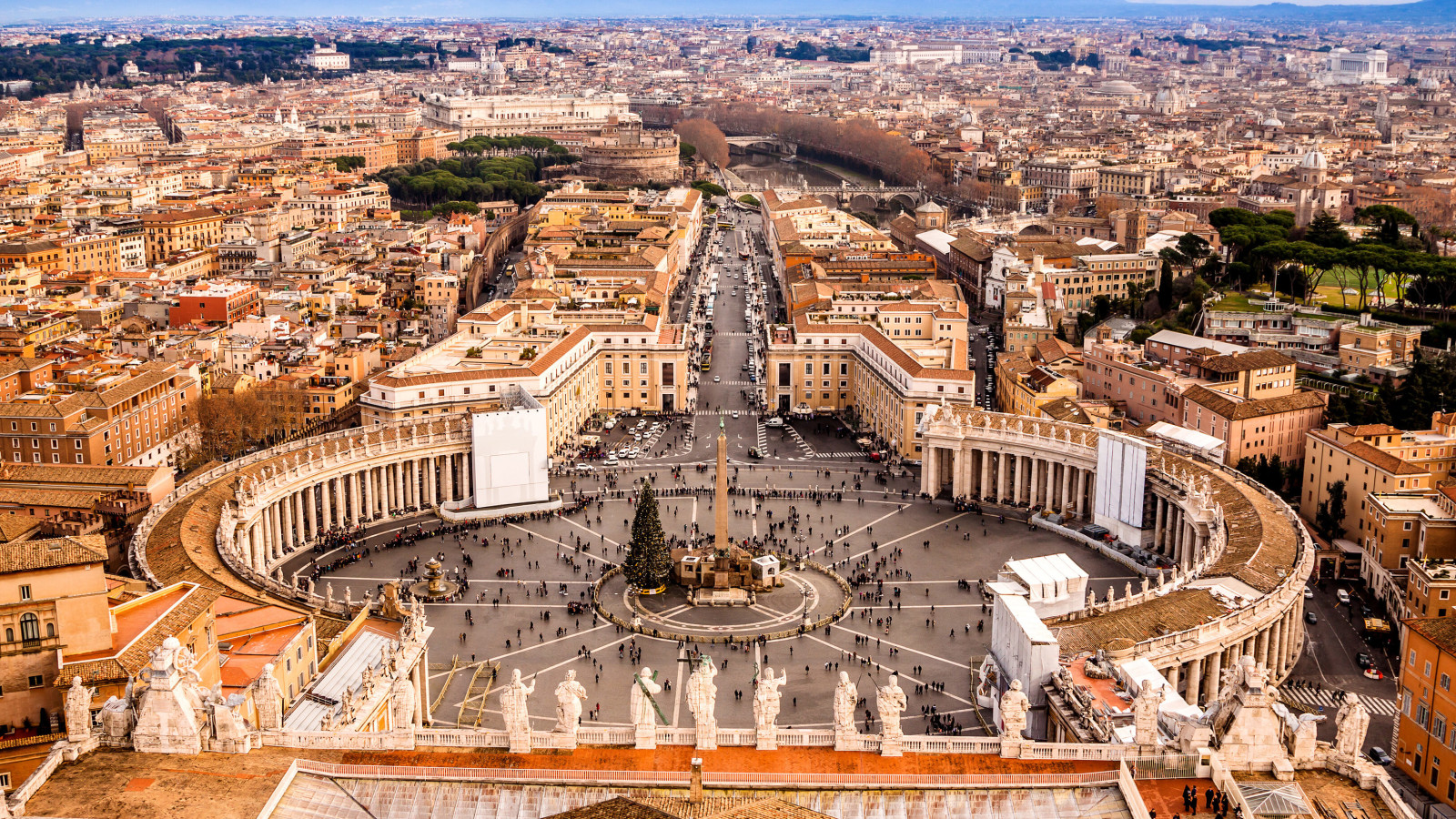Essential tips for visiting Rome during the 2025 Jubilee Holy Year

Make technology work for your travelers
Essential tips for visiting Rome during the 2025 Jubilee Holy Year

The Catholic Church’s Jubilee Year isn’t merely a religious event. It’s a cultural marvel and feat of logistics that transforms Rome every 25 years. This year’s edition, themed Pilgrims of Hope, began on Christmas Eve and will continue until Three Kings Day, January 6, 2026. During that time, millions of the faithful from all over the world—the Vatican expects more than 32 million in total, according to the US embassy—will embark on a journey of hope, forgiveness, and renewal.
These pilgrims will visit sacred sites, participate in Holy Masses, and seek plenary indulgences—passing through the Holy Door at St. Peter’s Basilica as a way of absolving sins—as a form of spiritual grace. And while it’s essential to embrace the spirit of pilgrimage, to slow down, be present, and appreciate the occasional messiness of such a large shared human journey, it’s also necessary to make careful plans. Following a few best practices can make the once-in-a-lifetime experience of attending the Jubilee both seamless and memorable.
As with any big global event, the earlier plans get made the better. This includes not only the Jubilee-specific pieces, such as the all-important Pilgrim’s Card, which can be obtained on the Jubilee’s official website or app and is needed to take part in all Jubilee events and schedule travelers’ passage through the Holy Door, but also the rest of the program. Travelers will want to book hotels as soon as possible, especially in desirable areas near the Vatican, such as Prati or Monti. They’ll also want to make restaurant reservations, non-religious tours, and admissions to other major sites, such as the Colosseum, which now requires timed tickets.
Be prepared to act early to request Papal Mass or audience tickets through the Prefecture of the Papal Household. These are free but limited. It’s easier to participate in the smaller Papal Blessings, which take place every Wednesday and on feast days.
Think carefully about the timing. If taking part in a large communal experience is the goal, aim for the peak times of Easter and Holy Week, Christmas feast days, major liturgical celebrations, or the closing week. For a more relaxed visit, local tourism providers recommend going midweek in the off-peak months, particularly October or November, and starting as early in the morning as possible. Also remember that Rome still has other events going on; some can add to traffic and crowds, while others might be a nice secular add-on to a spiritual trip.
The Jubilee is not only the events at St. Peter’s Basilica. Rome’s three other main basilicas, San Giovanni in Laterano, Santa Maria Maggiore, and San Paolo fuori le Mura, are also part of the event. The organizers have mapped out several Pilgrim’s Paths that connect the basilicas and spiritual landmarks and offer a unique way to experience Rome’s sacred heritage beyond the tourist path. A highlight is the Pilgrimage to the Seven Churches, a 16-mile spiritual journey through Rome’s most renowned basilicas.
Utilize the expertise of professional tour operators, such as Europe Express and our in-house group of Europe Specialists, to help travelers book experiences with licensed local operators and vetted guides for the Pilgrim’s Paths, the main Jubilee experiences, or regular city explorations apart from the Jubilee programming. These services can also book professional private drivers, airport transfer services, and secure VIP access for private Vatican tours before things open to the public.
Alternatively, visitors can embrace Rome’s public transportation system—its bus, tram, and metro systems have all been enhanced to accommodate the influx of visitors—or plan on some long scenic walks. It is important to note that Uber may not be reliable during times of heavy demand.
Even on the hottest summer days, visitors to religious sites are expected to dress modestly with their knees and shoulders covered. It’s always a good idea for travelers to stash a scarf in their bags for quick coverage—but try not to carry big bags, as these might require slower security screenings or must be left in the check room.
While the Jubilee is a once-in-a-generation spiritual gathering, the appeal of the Eternal City is, in fact, perpetual. Visitors should take advantage of being there and explore the city’s rich cultural and culinary experiences. Explore lesser-known sites like the Aventine Keyhole or the Appian Way and make a point of indulging in authentic Roman cuisine, such as the iconic cacio e pepe. Consider booking a food tour through Trastevere.
It’s a way to be of service and feel more closely connected with the ethos of spiritual pilgrimage, and it can also be a way to minimize travel expenses. Travelers can check the Jubilee website for information about volunteer opportunities and how they can apply to help assist pilgrims through the Holy Door or into the four Papal basilicas.